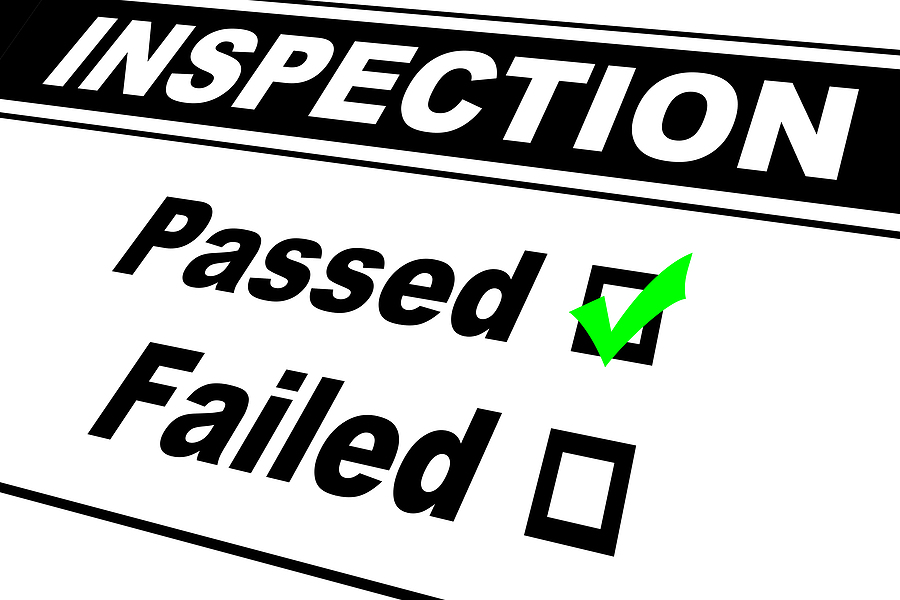The Bank of Canada recently announced a significant rate cut of 50 basis points, or half a percent, marking a major shift in the country’s interest rate environment. This “jumbo cut” has lowered borrowing costs substantially, prompting questions about what may lie ahead for the Vancouver real estate market.
While it’s easy to speculate on the future, my approach is to base predictions on past data, providing a more solid foundation than simply guessing. Here’s an overview of what happened the last time the Bank of Canada made a similar rate cut, followed by practical advice on what to consider if you’re thinking about entering the market now.
Historical Insight: The 2009 Rate Cut
The last major cut of this magnitude occurred in March 2009, during the global financial crisis. At that time, Canada’s economy felt the shockwaves of the U.S. housing market crash, with impacts in Vancouver’s housing market as well.
- February 2009: Before the rate cut, interest rates were set at 1%, and market activity was already on the rise. Total sales in Greater Vancouver stood at 1,480—a 94% increase over January.
- March 2009: Following the cut to 0.5%, sales jumped to 2,269 units, indicating a quick response to the lowered rates.
- April–June 2009: Activity continued to surge, with April sales reaching 4,649 and remaining robust into the summer months.
However, the rising sales volume didn’t immediately translate into price increases. It wasn’t until May 2009 to May 2010 that prices began climbing significantly, illustrating a lag between rate cuts and price growth.
What This Means for Today’s Market
While there are clear similarities between 2009 and today, there are also some critical differences. Current interest rates are still much higher than they were in 2009, and we’re entering a seasonally slow period for real estate. Typically, activity tapers off in December and January, so the Bank of Canada’s rate cut may not drive a quick market surge.
Nonetheless, this cut signals the start of a potential trend, with more rate reductions anticipated over the next year. This forecast, supported by various economic reports, suggests that lower interest rates could boost the real estate market as we move into 2025.
Questions to Consider if You’re Thinking About Buying or Selling
If you’re on the fence about entering the market, here are some points to reflect on:
- Has the Market Bottomed Out? – Trying to “time” the market is notoriously difficult, but examining past patterns may give you an edge. Do you believe prices have reached their lowest, or do you expect further drops? Consider factors like ongoing rate cuts, immigration rates, and inventory levels.
- Is Now the Right Time to Buy? – With rates potentially declining further, purchasing now could lock in favorable financing options, but keep in mind that the market could still shift depending on broader economic conditions.
- Are You Prepared for Market Changes? – If you’re a seller, spring 2025 might see a busier market as buyers re-enter due to lower rates, potentially driving prices up. If you can afford to wait, holding off until rates stabilize further may be beneficial.
Key Takeaways for Vancouver’s Market
Lower rates tend to stimulate activity, but the pace of change varies. Sales volume might increase before prices do, as we saw in 2009. This means that if you’re aiming to purchase at a lower price, acting sooner could work in your favor before prices potentially climb. However, if your goal is to sell, waiting for rates to stabilize or drop further could lead to better offers.
For more specific guidance, consider consulting economic forecasts or staying tuned to market updates. And if you’re a first-time home buyer unsure about the process, I’ve prepared a free guide to help you understand the steps to buy in Greater Vancouver.
If you’d like tailored advice, don’t hesitate to reach out. As a Vancouver real estate agent, I’m here to help you make informed decisions in a changing market.



